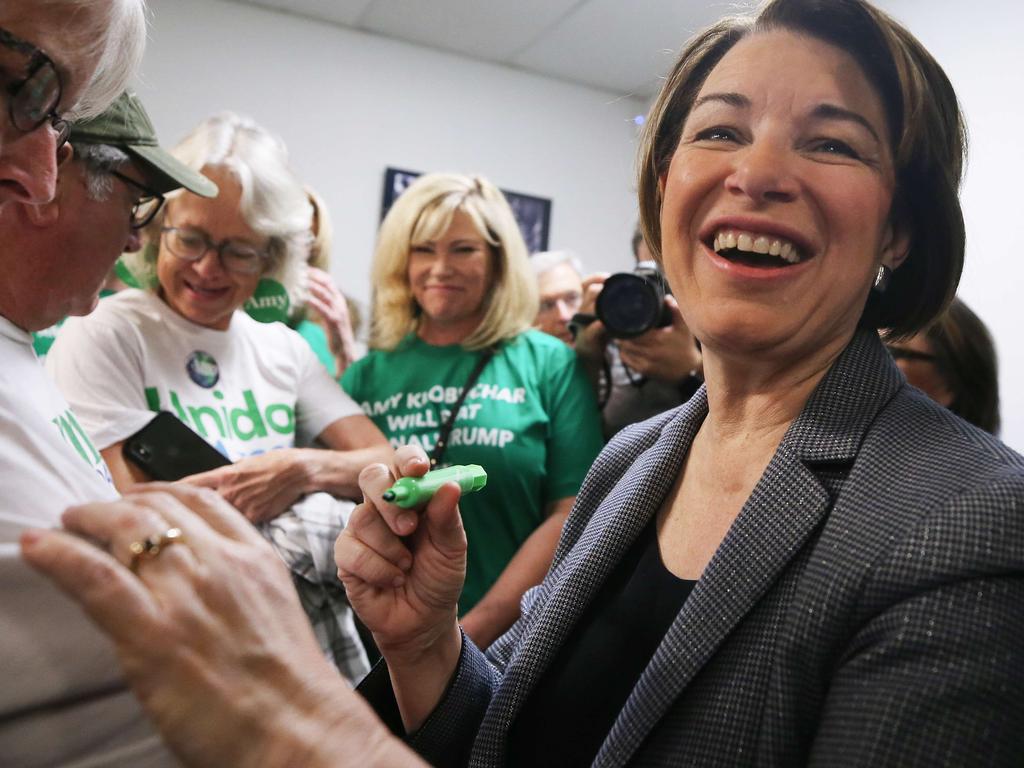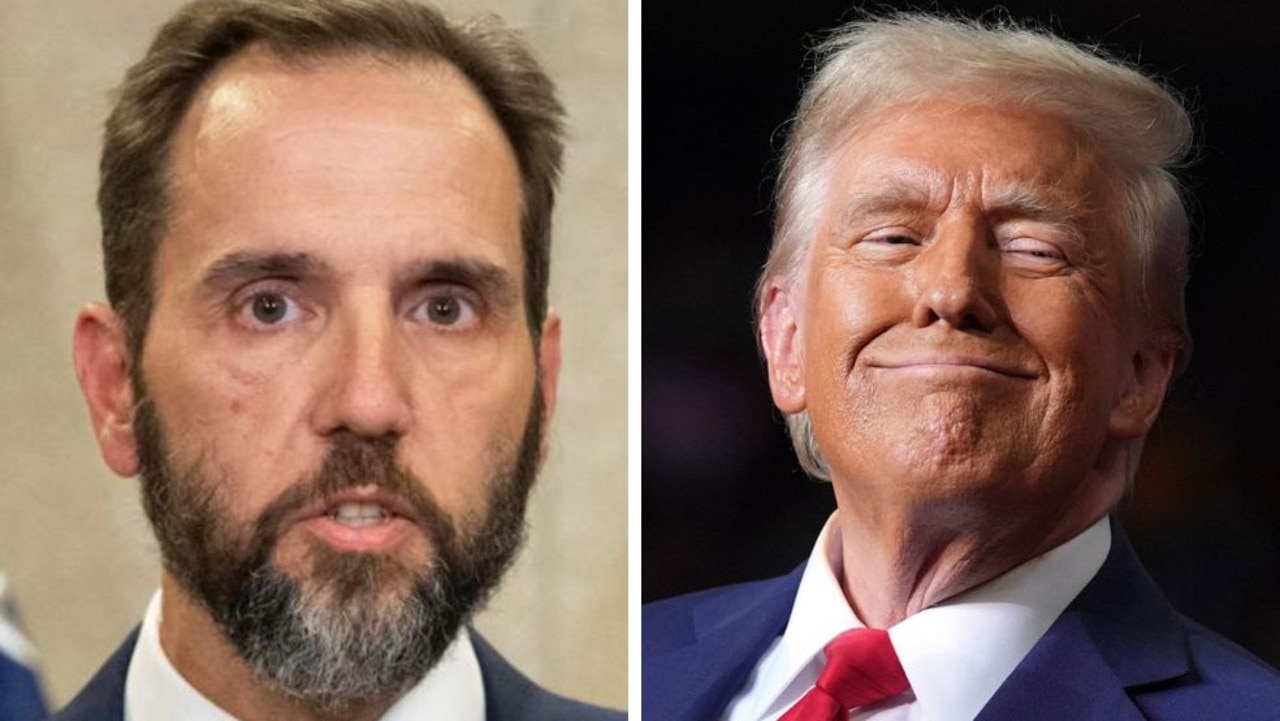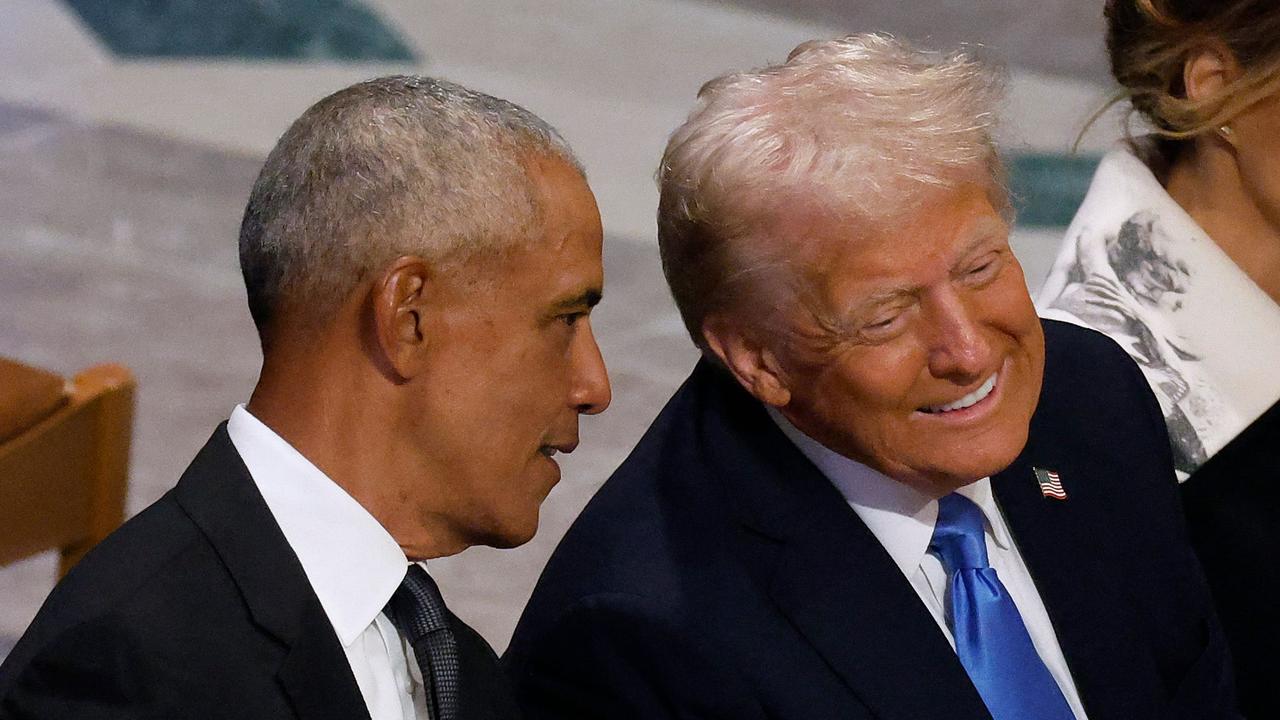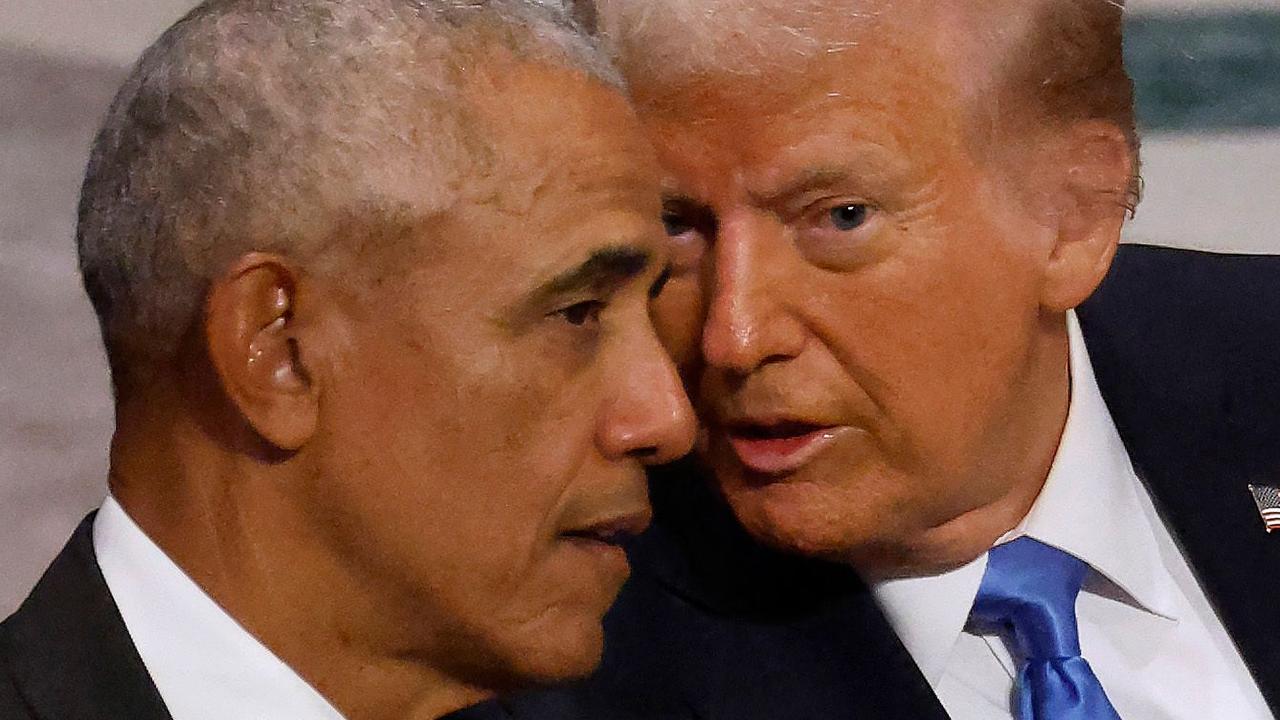What is a caucus? US 2020 election term defined
It seems more suited to choosing a school sporting team, but this unique voting system actually helped Joe Biden get the Democratic nomination.

There are many differences when it comes to the Australian and American electoral systems.
None of them is more mind-boggling to Aussies than the method of selecting a candidate that involves a room full of political fanatics crowding to one corner of a community hall or gymnasium for a headcount.
It's called a caucus, and while it might seem more suited to picking members of a school sports team, it's how members of each party in a handful of US states choose who their presidential candidate will be. Caucuses are a type of in-person, indirect election process organised by parties themselves rather than election officials.
IS CAUCUS DIFFERENT TO A PRIMARY?
There are two ways that Democrats and Republicans can use to pick their candidates in each state. In most states, primary elections where voters mark a ballot form are held to choose candidates, but in a select few, including Iowa and Nevada, the special system of caucuses is used.
At a caucus, voters get together at a venue such as a local hall or school gymnasium to listen to speeches from supporters of candidates, get involved in debating policy and finally reach a decision on who is the best choice to be that party's presidential nominee. The method of voting can vary in different caucuses but can be as simple as a headcount of voters or having them complete a presidential preference card.

RELATED: Voting problems in US state of Georgia
Unlike primary elections, which are organised by state and local officials, caucuses are private events that are organised and run by the individual political parties. In primary elections, voters make their selection on a ballot paper and move on with their day, but caucuses can be long, drawn out, in-person affairs that last several hours.
On one hand, caucuses allow for more direct participation by members of a political party. They provide an opportunity for candidates or their supporters to plead their cases with undecided voters at a very personal level. But they also make participation difficult for some members of the community who would like to be involved but don't have the time or ability to attend a caucus because of work, family or other commitments.
WHICH STATES HAVE CAUCUSES?
Only a few states hold caucuses, with most adopting the primary election system. Iowa, Nevada, North Dakota and Wyoming all have caucuses to select both the Republican and Democrat candidates. Kentucky is unique because it has a caucus for the Republican candidate but a primary election for the Democrat candidate. In addition to these states, US territories including American Samoa, The US Virgin Islands and Guam all hold caucuses.
Most states had caucuses until the 1970s. Since then, many have switched methods, including Minnesota and Colorado who used primaries instead of caucuses this year for the first time.



